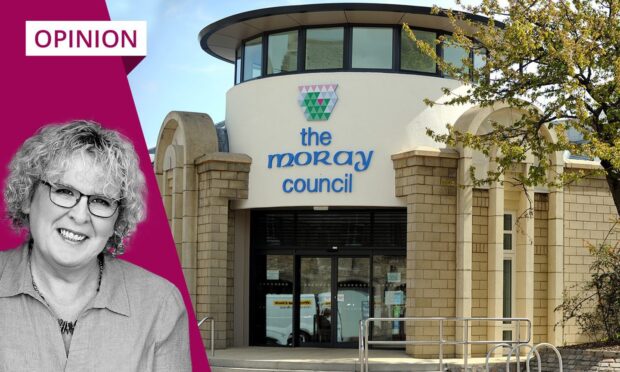This case underscores the need for systemic changes within the council to ensure transparency, accountability and genuine support for foster carers and the children in their care.
This behaviour is unacceptable in any institution, particularly one charged with the care and support of vulnerable children and at FosterSupport, we hear about such practices far too often.
Moray Council’s conduct raises significant concerns about their lack of support for children in care, the mistreatment of foster carers and there are violations of key Scottish legislation, particularly the Children’s Hearings (Scotland) Act 2011 and the Children (Scotland) Act 1995.
These statutes are designed to ensure the welfare of children and the accountability of those responsible for their care.
The false allegations of “sexual impropriety” against the male foster carer, Simon, were particularly alarming.
These accusations were not based on any factual evidence but appeared to be fabricated as a premeditated retaliatory response to Simon and Sarah’s complaints about the council’s standards and practices.
The social worker’s inability to meet with her predecessor or the child she was assigned to support one-to-one exemplifies a severe lapse in professional duty.
Such actions are profoundly damaging, as they undermine the trust between foster carers and the authorities meant to support them.
According to the Children (Scotland) Act 1995, every decision made concerning a child should prioritise their welfare as the paramount consideration.
Retaliatory actions clearly violate this principle and compromise the integrity of child protection services.
The council’s procedural failures were manifold.
The social worker’s inability to meet with her predecessor – or the child she was assigned to support one-to-one – exemplifies a severe lapse in professional duty.
This neglect not only delayed the child’s schooling arrangements but also left her in a state of uncertainty and anxiety.
The council’s response to Simon and Sarah’s complaints was equally troubling.
The orchestration of identical witness statements suggest an intent to obscure the truth and protect the council’s interests at the expense of the foster carers and the child.
The apology they received was followed by an unjust decision to remove the child from their care, a move that appeared vindictive rather than protective of the child’s best interests.
This contravenes the principles set out in the Children’s Hearings (Scotland) Act 2011 which emphasises the importance of timely and appropriate interventions.
Furthermore, the council’s internal practices showed a lack of transparency and accountability.
Delays in producing minutes of critical meetings and the orchestration of identical witness statements suggest an intent to obscure the truth and protect the council’s interests at the expense of the foster carers and the child.
The mishandling of the child’s placement, misleading Simon and Sarah into believing it was temporary respite when it was intended to be permanent, further highlights the council’s disregard for the foster carers’ role and the child’s emotional stability.
Accurate and honest communication is crucial in maintaining a stable and supportive environment for foster children, as mandated by the Children (Scotland) Act 1995 which requires that children’s views are taken into account in decisions that affect them.
The lessons from this case should prompt a thorough review and reform of practices to prevent such failures from recurring.
In conclusion, the actions of Moray Council in this case reflect a significant departure from the principles of supportive and ethical foster care.
The council’s behaviour not only breached the trust of dedicated foster carers but also placed the child in a precarious and harmful situation.
The lessons from this case should prompt a thorough review and reform of practices to prevent such failures from recurring, aligning with the legislative frameworks designed to protect and promote the welfare of children in Scotland and the UK.

